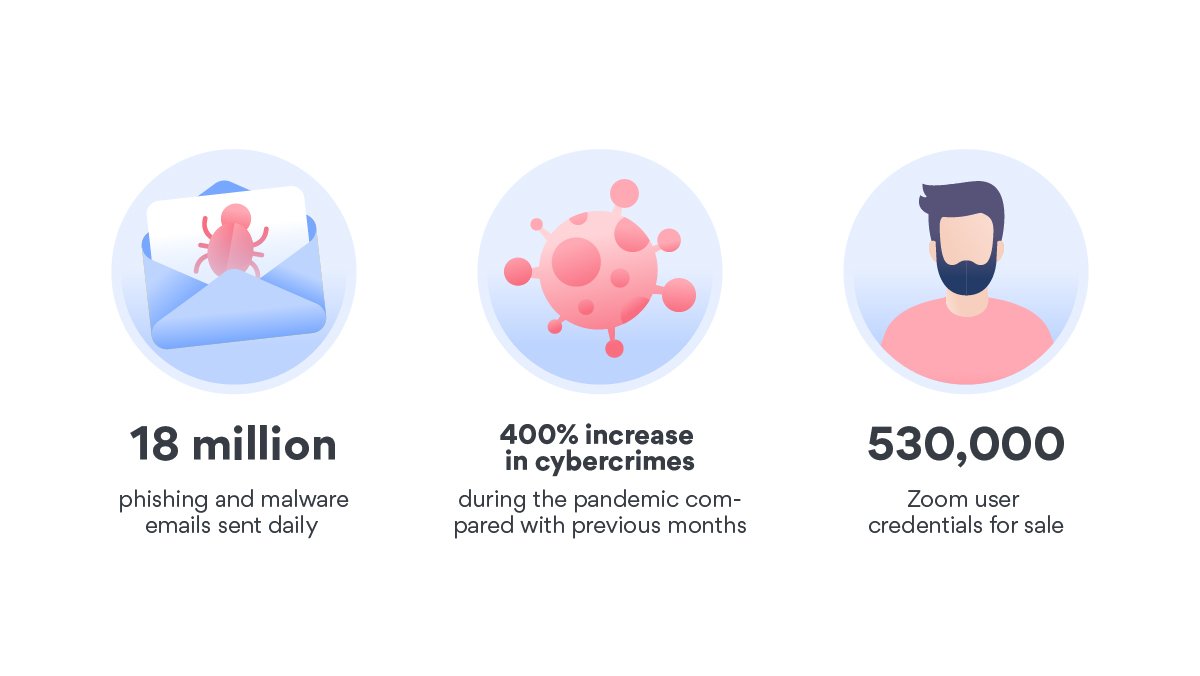The lockdown-accelerated online shopping paves the way for scams
According to Adobe Analytics, online shopping is expected to grow by 33% this holiday season because of the lockdowns. On average, there was a loss of £726 per incident to online shopping fraud over last year’s Christmas shopping period, and e-commerce is only booming during the pandemic. Fraudsters also capitalize on this occasion, leaving people’s wallets wiped out.
Britons in their 20s, making up 29% of the total cases in 2020, are the most likely to become victims of online shopping fraud. Overall, 80% of all online shopping fraud victims were under the age of 50. Altogether, £29.7 million was lost to online shopping and auction fraud in the first half of 2020, which is up by over 11,000 cases (37%) compared to the same first half of 2019.
According to the Cyber Risk Index calculated by NordVPN, residents of developed countries are more likely to become victims of cybercrime despite the fact that they consider themselves tech-savvy and well-protected. For example, the United Kingdom ranks 10th globally with a CRI score of 0.647, which is considered as high risk. Developed countries offer better access to the internet and higher wages, which translates to more smartphones and heavy usage of online services.
How do fraudsters find their victims?
“Emails and online banners are often the mediums for cybercriminal outreach. Very often, fraudsters use the same methods legitimate advertisers do. They rely on advertising engines like Facebook and Google to push their banners on users. Although these companies have strong safeguards in place, some banners still slip in”, explains Daniel Markuson, a digital privacy expert at NordVPN.
Alternatively, some scammers study their potential future victims and analyze their online behavior, which can be easily done if the victim is browsing the web unprotected. That’s why it’s important to remember that secure websites have HTTPS in their address.
Additionally, users should protect themselves with a VPN connection. It prevents eavesdropping and would make it harder for scammers to intercept their payment.
However, whenever indulging in a shopping spree, e-shoppers should watch out for certain red flags, like offers that look too good to be true or links received from financial institutions, as those might be fake.
Daniel Markuson, a digital privacy expert at NordVPN, has listed 10 key rules to avoid online fraud during this Christmas shopping period:
Only shop on HTTPS websites.
This means that your details are covered by basic TLS encryption all the way from your browser to the site you’re shopping on.
Make sure you’re visiting a legitimate online store.
Before entering any personal information to complete your purchase, make sure you’re in the right online store.
Be careful around URL shorteners.
When you see an ad with a URL shortener for a great deal, consider navigating to the brand’s website yourself simply by using your address bar.
Avoid email links.
Another technique scammers might use to get your credit card information is phishing. It’s a very popular and effective way to hack someone by using carefully crafted emails.
Never shop on public Wi-Fi.
Public Wi-Fi is the perfect place for scammers and hackers to do their work. These networks feature poor security and can be scanned by hackers looking for weak connections.
Monitor your debit card and credit card statements.
You should always keep track of your purchases and their prices. This can help you spot potential hacks or dishonest business practices so you can respond ASAP.
Consider using a virtual credit card.
A virtual credit card is a purely digital credit card that you can only use online. By linking it to a real credit card or debit card you own, you can shop online without ever revealing your actual credit card information.
Keep your browser updated.
It’s important to keep your browser updated and upgraded with the best security and privacy extensions. It will protect your personal information from leaking.
Practice good password security.
Creating unique and secure passwords for every site (and remembering them) can be a tall order if you plan on doing a lot of shopping. But there are tools, such as password managers like NordPass, that will help you.
The less information you give, the better. If a website asks you for additional personal information that isn’t optional, turn around and leave. Some websites will ask for additional information for marketing purposes, but it won’t be mandatory.
ABOUT NORDVPN
NordVPN is the world’s most advanced VPN service provider used by over 14 million internet users worldwide. NordVPN provides double VPN encryption, malware blocking, and Onion Over VPN. The product is very user-friendly, offers one of the best prices on the market, has over 5,000 servers in 60 countries worldwide, and is P2P-friendly. One of the key features of NordVPN is the zero-log policy. For more information: nordvpn.com.
